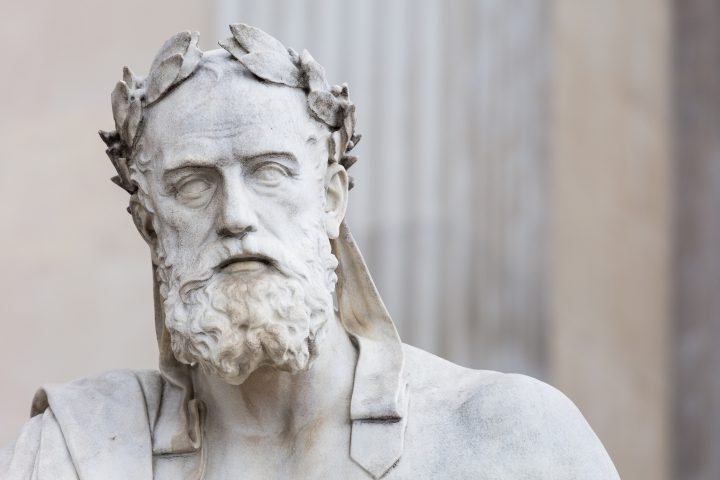The gods did not reveal, from the beginning, all things to us, but in the course of time through seeking we may learn and know things better. But as for certain truth, no man has known it, nor shall he know it, neither of the gods nor yet of all things of which I speak. For even if by chance he was to utter the final truth, he would himself not know it: For all is but a woven web of guesses.
Xenophanes of Colophon, 500BCE

(Xenophanes of Colophon (/zəˈnɒfəniːz/;[1][2] Ancient Greek: Ξενοφάνης ὁ Κολοφώνιος [ksenopʰánɛːs ho kolopʰɔ̌ːnios]; c. 570 – c. 478 BC) was a Greek philosopher, theologian, poet, and critic of Homer from Ionia who travelled throughout the Greek-speaking world in early Classical Antiquity.
As a poet, Xenophanes was known for his critical style, writing poems that are considered among the first satires. He also composed elegiac couplets that criticised his society's traditional values of wealth, excesses, and athletic victories. He also criticised Homer and the other poets in his works for representing the gods as foolish or morally weak. His poems have not survived intact; only fragments of some of his work survives in quotations by later philosophers and literary critics.
Xenophanes is seen as one of the most important pre-Socratic philosophers. A highly original thinker, Xenophanes sought explanations for physical phenomena such as clouds or rainbows without references to divine or mythological explanations, but instead based on first principles. He also distinguished between different forms of knowledge and belief as an early proponent of epistemology. Later philosophers such as the Eleatics and the Pyrrhonists also saw Xenophanes as the founder of their doctrines, and interpreted his work in terms of those doctrines, although modern scholarship disputes these claims.)
Wikipedia
greekboston.com